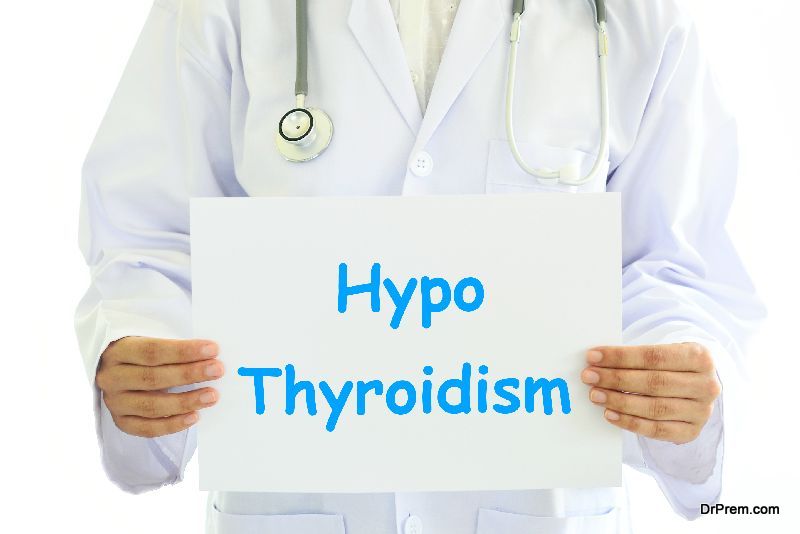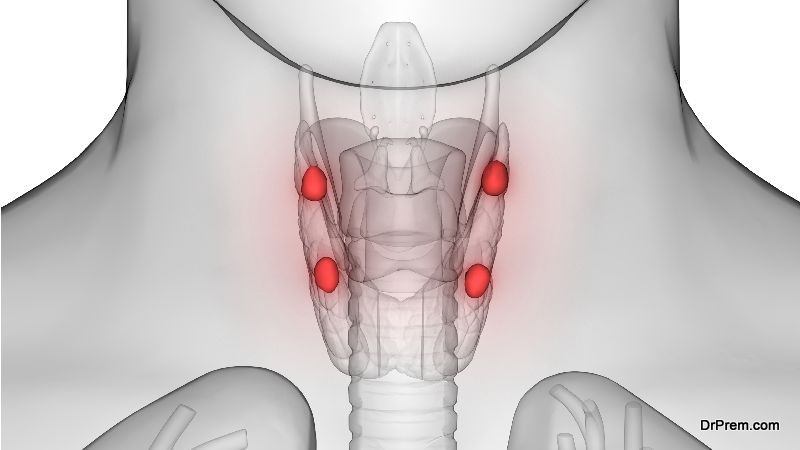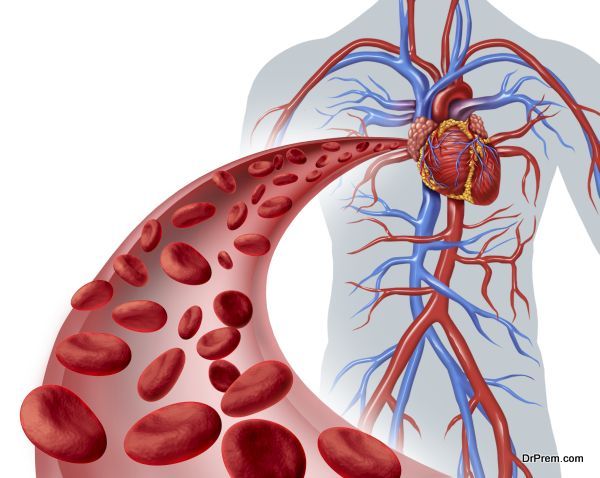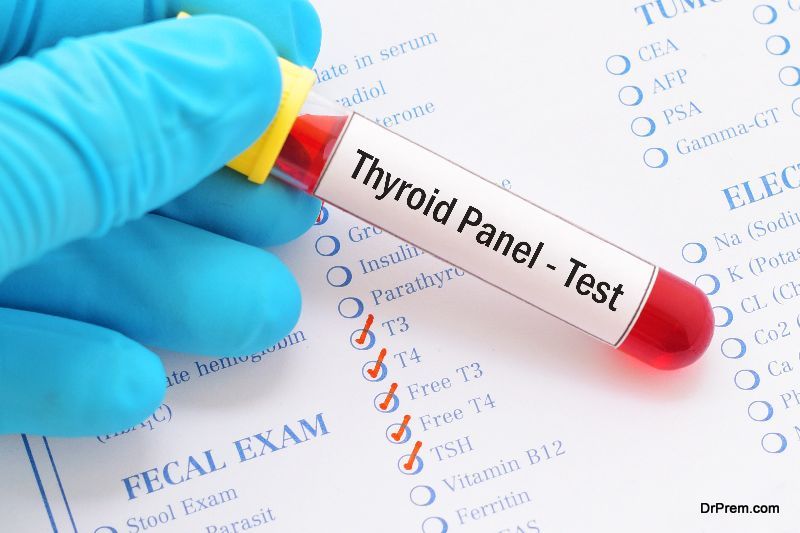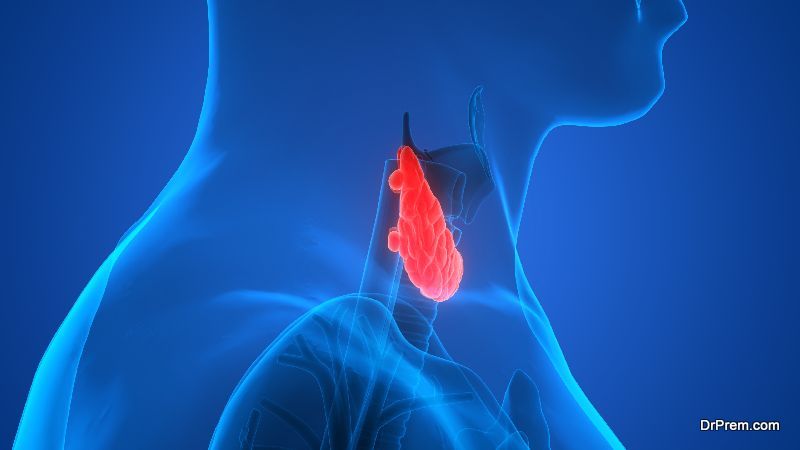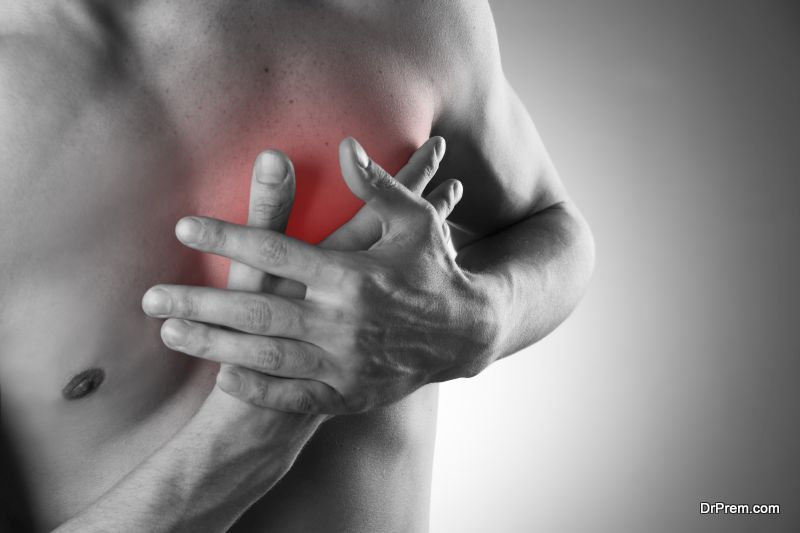The thyroid gland plays an important part in your body. This gland, which is shaped like a butterfly, produces the T3 and T4 (thyroxine and triiodothyronine) hormones which regulates the function of the body cells. Hypothyroidism is the condition when the thyroid gland produces too little hormones. There are many organs which are affected by hypothyroidism, including the heart. But many times, the connection between heart disease and hypothyroidism is often overlooked. Let’s take a closer look at hypothyroidism and how it affects your heart:
What are the symptoms of hypothyroidism
Low blood pressure and slower heart rate is caused by hypothyroidism. These signs do not produce any symptoms but prolonged hypothyroidism does cause some metabolic changes along with raising the cholesterol levels. Hypothyroidism also causes an increase in fluids surrounding the heart. Subclinical hypothyroidism might lead to increased risk narrowing the arteries of the heart.
How is hypothyroidism diagnosed
If hypothyroidism is undiagnosed, it can lead to many health problems, including heart disease. It can increase cholesterol levels leading to heart disease. You must get yourself tested for hypothyroidism when you are pregnant, as it can affect your baby’s brain development or growth.
Blood tests can let you know if you are suffering from hypothyroidism. When you have mild hypothroidism, you should get regular tests done to see that the condition does not become serious. Sometimes, due to Hashimoto disease, antibodies attack the thyroid gland, but these antibodies can be detected in blood tests.
How do doctors treat hypothyroidism
Hypothyroidism’s treatment is usually medication in pill form. The medicine is a synthetic hormone produced in the lab which is identical to the hormone produced in the body naturally. In general, many people need hormone replacement therapy lifelong. The dose has to be just right, as a high dose would lead to disturbance in heart function and heat rhythms. Doses which are too low might not be effective. So a delicate balance has to be maintained so that hypothyroidism does not affects your heart health.
Dose has to be adjusted over your lifetime, even during pregnancy. You have to discuss the dosage changes during regular health check-ups.
When should you get tested
If you have low blood pressure and feel a flutter in the heart, and if your family has a history of hypothyroidism, you should get a test done. Doctors recommend thyroid testing in women over 60 years.
The connection between hypothyroidism and heart disease
It is well documented that people who are seriously ill or suffer from congestive heart failure have very low T3 hormone levels. Another study also found that people suffering from coronary heart illness, have low levels of T3 too. These studies have made researchers question if hypothyroidism itself is associated with an increased risk of heart disease.
Other studies have proved that the heart is affected by low levels of thyroid hormones.
Heart conditions caused by thyroid hormones
Hypothyroidism can cause your heart to beat irregularly or slowly. You might feel a flutter in your heart due to additional or missing heartbeats. As a result of this, bradycardia might develop, and this form of heart arrhythmia can reduce the flow of nutrients and oxygen to the heart. This, in turn might cause cardiac arrest.
Plaque or calcification of the arteries can be caused too. The arteries become stiff and this increases the risk for atheroschlerosis, heart failure and heart attack.
The connection between hypothyroidism and heart disease implies that those who suffer from hypothyroidism should get the relevant tests done for heart disease, and those who suffer from heart disease should get their thyroid levels tested. This might help to keep heart disease in check and promote better health.


